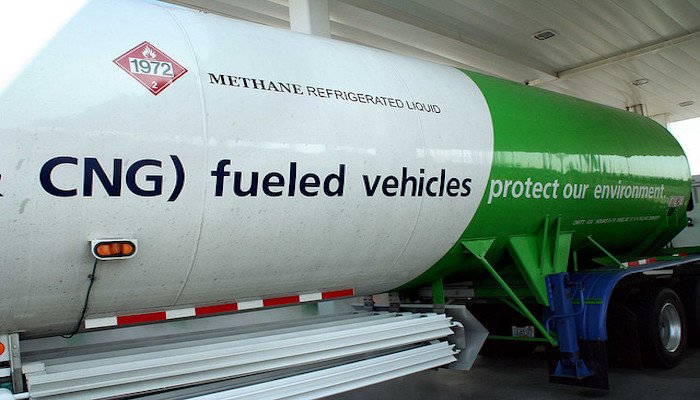The federal government has denied responsibility for the recent sharp increase in the cost of Compressed Natural Gas (CNG), insisting it has not removed subsidy or issued any directive to raise prices.
This was contained in a press statement on Thursday signed by Matilda Johnson, Brands and Corporate Communications Manager of the Presidential Compressed Natural Gas Initiative (PCNGI).
According to the statement, the price hike announced by operators was a “purely private-sector decision” and not the outcome of any government policy.
“The Presidential Initiative on Compressed Natural Gas (PiCNG) wishes to address recent misleading and outright false reports suggesting that the federal government has removed subsidy or increased the price of Compressed Natural Gas (CNG). This is incorrect,” the statement said.
The PCNGI stressed that its mandate, as directed by President Bola Tinubu, was only to deepen adoption of CNG as a “cheaper, cleaner, and more sustainable alternative” to petrol and diesel, not to dictate prices.
It added that despite ongoing challenges, the sector had attracted nearly $1 billion in private investment, with government assuring that CNG “will always remain significantly cheaper” than Premium Motor Spirit (PMS) and diesel.
The denial comes barely 24 hours after it was reported that the price of one standard cubic metre of CNG had jumped from N230 to N450 amid long queues and scarcity of refilling stations.
Read also:
- Tinubu declares 9th National Youth Games open In Asaba
- SERAP tasks Tinubu to reverse passport fees hike
- NEF urges Tinubu to declare emergency over worsening insecurity in North
Retailers claimed that the upward adjustment was due to a government review and subsidy cut.
Truck operators are now paying N450/SCM, while car owners and commercial drivers pay N380 after what was described as a “partial subsidy” intervention.
When contacted on Tuesday, Programme Director of the PCNGI, Michael Oluwagbemi, failed to answer calls.
However, a top PCNGI official who spoke anonymously confirmed the new pricing regime.
The conflicting narratives have further fueled public anger and confusion.
Nigerians, already reeling under the removal of petrol subsidy and rising inflation, accuse the Tinubu administration of failing to provide clarity on its much-promoted CNG alternative.






